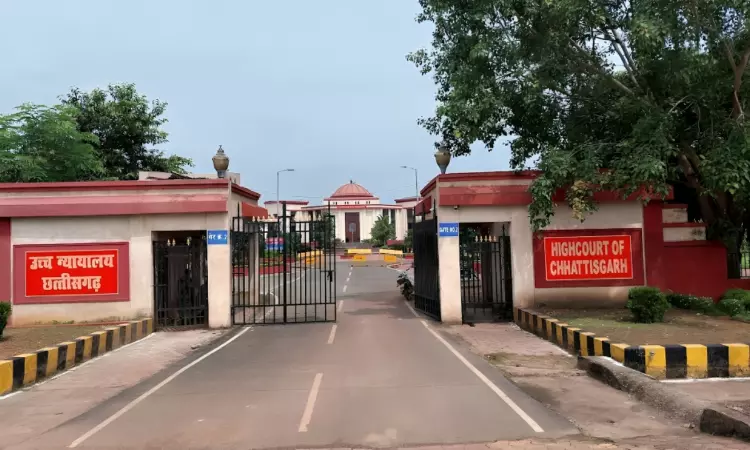Unexplained Cash Credit In Bank Account Would Be Treated As Income : Chhattisgarh High Court
Yash Mittal
4 Oct 2024 6:00 PM IST

Next Story
4 Oct 2024 6:00 PM IST
The Chhattisgarh High Court recently upheld an ex-parte assessment under Section 144 of the Income Tax Act, 1961, against an assessee who failed to participate in assessment proceedings or explain the source of a cash deposit of ₹11,44,070 in his bank account. The bench comprising Justices Sanjay K Agrawal and Amitendra Kishore Prasad noted that under Sections 68 and 69A if an assessee...
